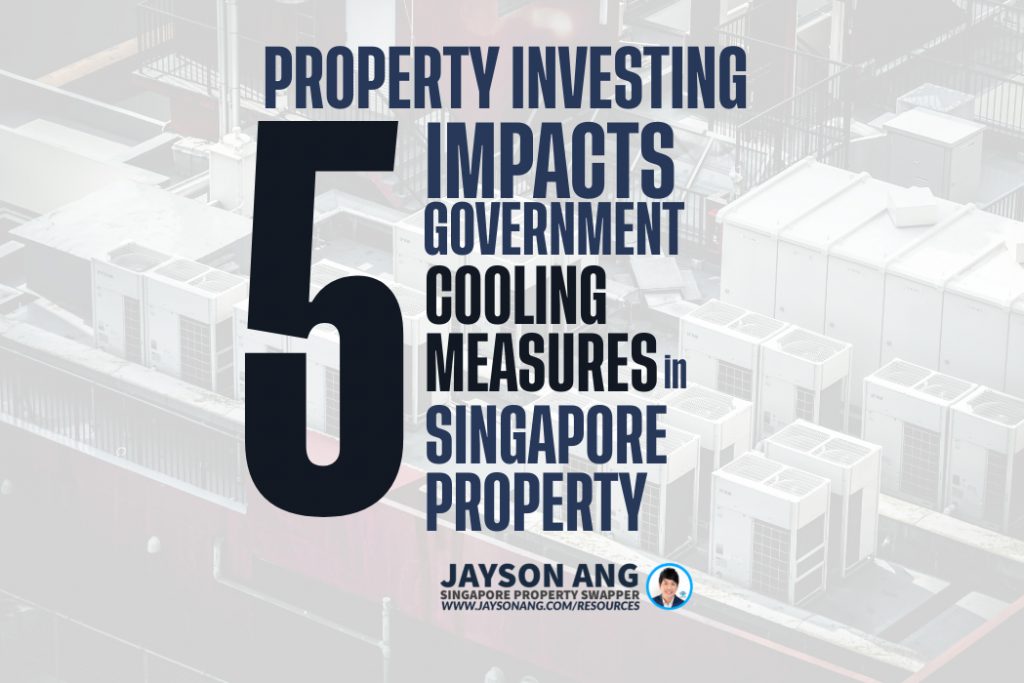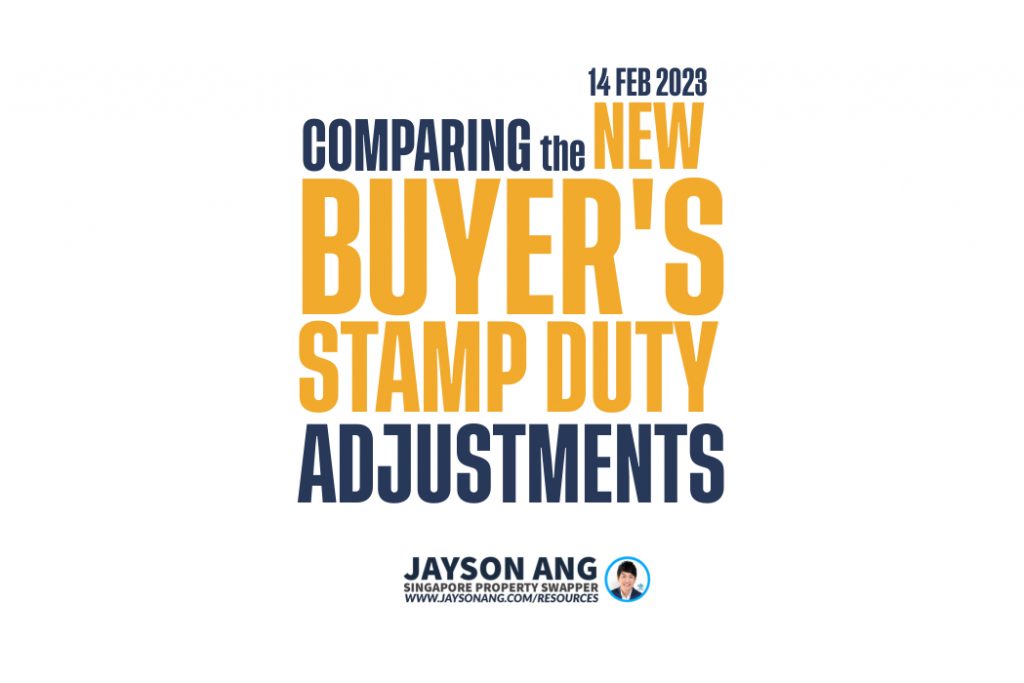TLDR
Transitioning from a BTO to a landed property necessitates understanding market trends, meticulous financial planning, exploring financing options, enhancing property value, and regular investment plan reviews. Assess market conditions, plan finances wisely, compare financing choices, consider property upgrades for value appreciation, and integrate property investment into a broader estate plan. Stay informed about tax implications, leverage experts’ advice, diversify investments, and utilize technology for effective management. Adapt strategies based on market dynamics and personal circumstances for optimal outcomes in property investment.
The prospect of upgrading from selling your BTO to owning a landed property is thrilling, but the complexity of property investment, alongside market fluctuations, can make this journey seem daunting and riddled with uncertainty. Navigating the property market requires a strategy that pairs long-term planning with an acute understanding of market dynamics. Here are essential tips for individuals aiming to transition from a Build-To-Order (BTO) flat to a landed property.
Understand Market Trends: Market trends dictate property prices and demand. Understanding whether the market is in a buyer’s or seller’s phase can influence your decision-making process. For example, selling your BTO during a seller’s market can maximize your profits, providing a larger capital base for your next investment. Conversely, purchasing a landed property in a buyer’s market can lead to significant savings and more choices. Historical data, economic indicators, and real estate forecasts are valuable tools for gauging market conditions.
Financial Planning and Budgeting: Transitioning to landed property ownership requires meticulous financial planning. It’s imperative to evaluate your current financial health, including income, savings, debts, and other obligations. Budgeting extends beyond the purchase price of the property; you must account for stamp duties, legal fees, property taxes, renovation costs, and maintenance fees. A robust budget plan ensures that your move to a landed property is financially sustainable in the long term.
Exploring Financing Options: Financing plays a critical role in property investment.
We understand that taking the first steps towards investing in a property that will not only be your home but also a significant part of your investment portfolio can be both exciting and nerve-wracking. It’s a path paved with dreams of stability and prosperity but also lined with concerns about making the right financial decisions. Exploring different financing options is key to managing the purchase. Traditional bank loans are common, but it’s important to compare interest rates, loan terms, and conditions across various lenders to find the best fit for your financial situation. Additionally, there may be government grants or subsidies available for first-time homebuyers or those moving from BTO flats to private property, which can alleviate some financial pressure. Understanding the full spectrum of financing options, including refinancing possibilities down the line, will empower you to make decisions that align with your long-term financial goals.
Enhancing Your Property’s Value: Consider future value appreciation potential when selecting your landed property. Factors such as location, accessibility to public transport, proximity to schools, amenities, and future development plans in the area can significantly impact property value over time. While no investment is without risk, choosing a property with strong growth potential can increase your wealth in the long term. Some individuals also engage in renovations or enhancements to improve their property’s appeal and market value, though it’s crucial to ensure these improvements align with market demands and personal financial capacity.
Regular Review Of Investment Plan: The Property Market Is Dynamic, And What Worked At The Time Of Purchase May Not Hold True Years Down The Line.
Failing to plan is planning to fail, especially in the real estate market. The cost of inaction could be missing out on the compounding growth opportunity, getting caught in unfavorable market cycles, or having to settle for a property that doesn’t meet your future aspirations due to restricted financial flexibility. Evaluating and periodically reviewing your investment plan is essential to adapting to market changes and ensuring that your property continues to serve your financial strategy efficiently. As the economic environment shifts—be it through interest rate changes, policy adjustments, or regional development projects—so too should your approach to managing this significant asset. Regularly consulting with a financial advisor or property specialist can provide you with insights into how best to optimize your property investment in light of evolving market conditions.
Moreover, an informed review process might reveal opportunities for leveraging equity in your property through refinancing or securing a home equity line of credit (HELOC), thereby potentially funding other investments or personal financial needs without selling the property. This strategic flexibility can be crucial in maximizing the return on your investment and ensuring monetary stability.
Additionally, it’s wise to stay informed about tax implications related to owning and possibly eventually selling your property, as these can affect your overall financial planning. Tax laws may offer benefits, such as deductions for mortgage interest or property taxes, which can contribute to the financial viability of your investment. However, be mindful of potential capital gains taxes should you decide to sell, as these could impact your net proceeds from the sale.
Finally, Consider Integrating Your Property Investment Into A Broader Estate Plan.
Start with a clear roadmap: analyze your current financial standing, project potential market trends, consider factors like the Total Debt Servicing Ratio (TDSR), and your investment horizon. Strive for the properties with high appreciation potential – those that offer both capital gains and favorable rental yields – and utilize expert tools and advice to forecast and align your financial goals with the market dynamics. Adjusting strategies based on market conditions and personal circumstances is key. For example, if the market trends indicate a downturn, it might be wise to hold onto your property longer than you initially planned to ride out the volatility. Conversely, if the market is booming, selling a property or refinancing to unlock equity for reinvestment could capitalize on high valuations.
Engagement with professionals such as financial advisors, real estate agents, and tax consultants can provide insights that are not readily available to the general public. Their expertise can unveil nuances in market trends, tax benefits, and financial strategies that can optimize your property investment decisions.
Diversification is another critical element to consider. While your property may represent a significant portion of your investment portfolio, ensuring you have investments in other asset classes can help mitigate risks associated with the real estate market’s inherent volatility. This diversification can also enhance your overall financial resilience, providing multiple streams of income and spreading the risk across different investments.
Leveraging technology to stay informed and manage your investments more effectively is essential. Various online tools, apps, and platforms offer real-time data on market trends, property values, and potential investment opportunities.
By taking action now, with foresight and strategic planning, you’re setting the stage for a future where you can comfortably afford a freehold landed property, enjoy the fruits of a well-executed investment strategy, and have a sound financial plan that adapts to both market and personal life changes, ensuring you capitalize on growth opportunities while safeguarding your investment. Another aspect of maximizing the potential of your property investment lies in understanding the local and global economic indicators that can influence real estate markets. Factors such as interest rates, inflation, economic growth, and geopolitical events can significantly impact property values and investment returns. By staying abreast of these indicators, investors can better predict changes in the market and adjust their strategies accordingly.
Regularly reviewing and adjusting your financial plan in response to both personal life events and market conditions is also crucial. Life events such as marriage, the birth of a child, or retirement can substantially alter one’s financial goals and needs. Simultaneously, market conditions fluctuate due to various factors, requiring adjustments to your investment strategy to remain aligned with your objectives.
An effective way to safeguard your investment and enhance its growth potential is through property improvement and maintenance. Strategic upgrades and renovations can increase a property’s value and appeal, attracting higher rental income or a better resale price. However, it’s important to evaluate the cost versus benefit of any improvement project to ensure it contributes positively to the property’s overall value.
Have you evaluated how your current property is performing, and are you aware of the market conditions that could affect your dream of owning a landed property? Let’s discuss the investment strategies that can help turn your vision into a reality.
Should You Buy, Sell or Wait?
If you’re reading this, you must be trying to figure out the best course of action right now: is it the right time to buy or sell?
It’s difficult to give an exact answer since everyone’s situation is unique and what works for one person may not necessarily work for you.
I can bring you a wealth of on-the-ground experience and a data-driven approach to provide clarity and direction. From beginners to experienced investors, our top-down, objective approach will help you on your real estate journey.
I can help you by:
- Offering Strategic Real Estate Advice – I can help create a comprehensive plan to guide you through your property journey.
- Connecting Your Home with the Perfect Buyers – Through stunning visuals, an effective communication strategy, and an in-depth knowledge of the market, we’ll ensure your home is presented in the best possible way to fulfill your goals.
You May Also Like …






















































































